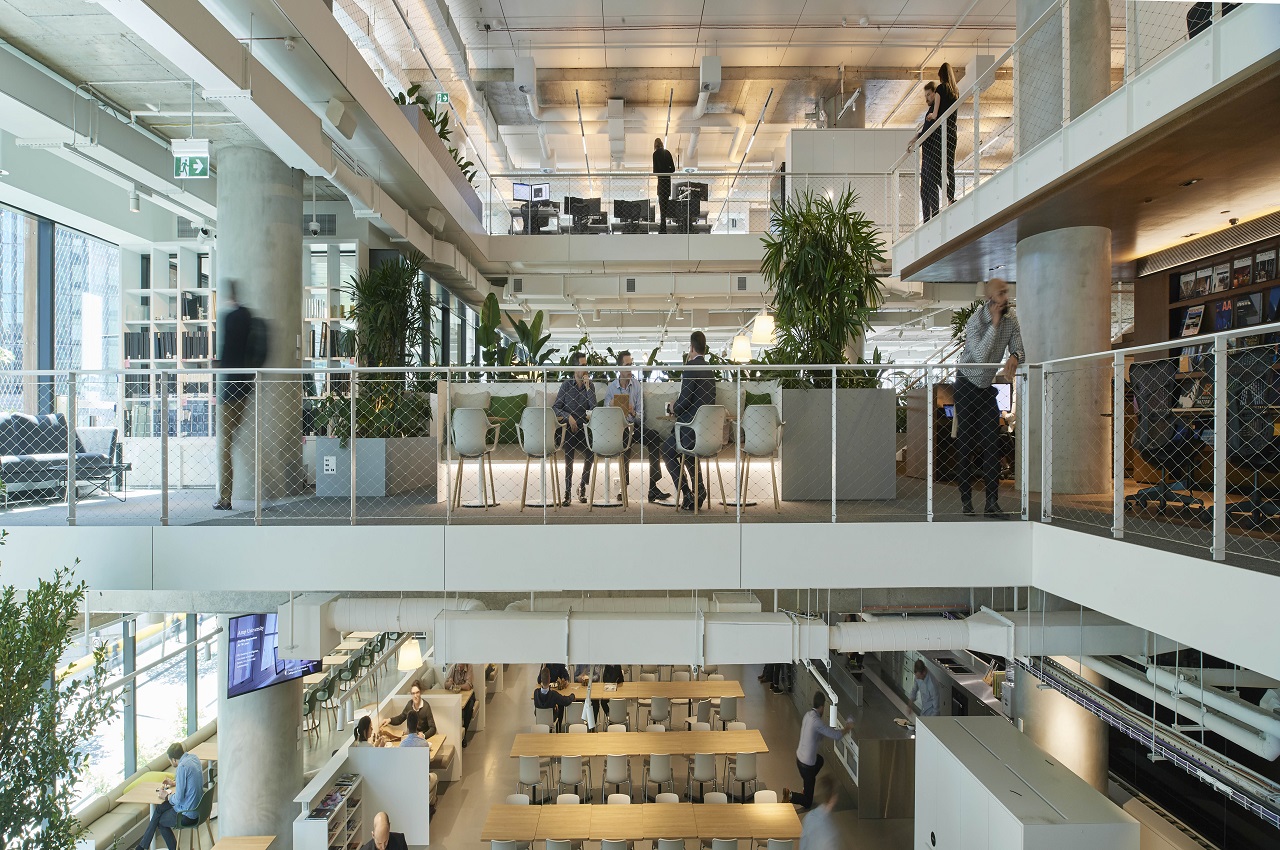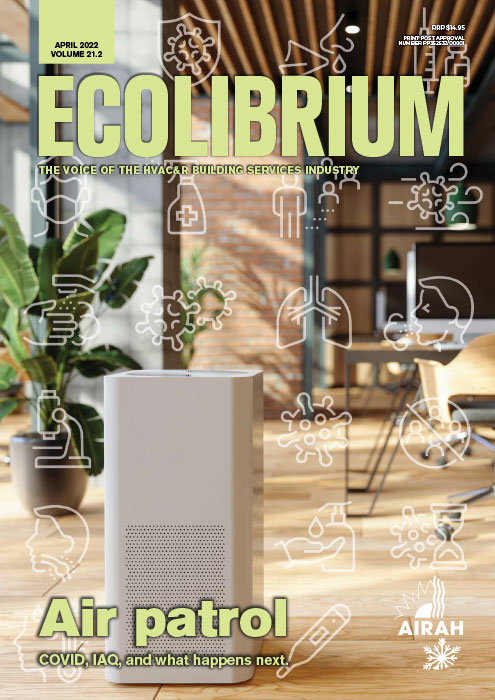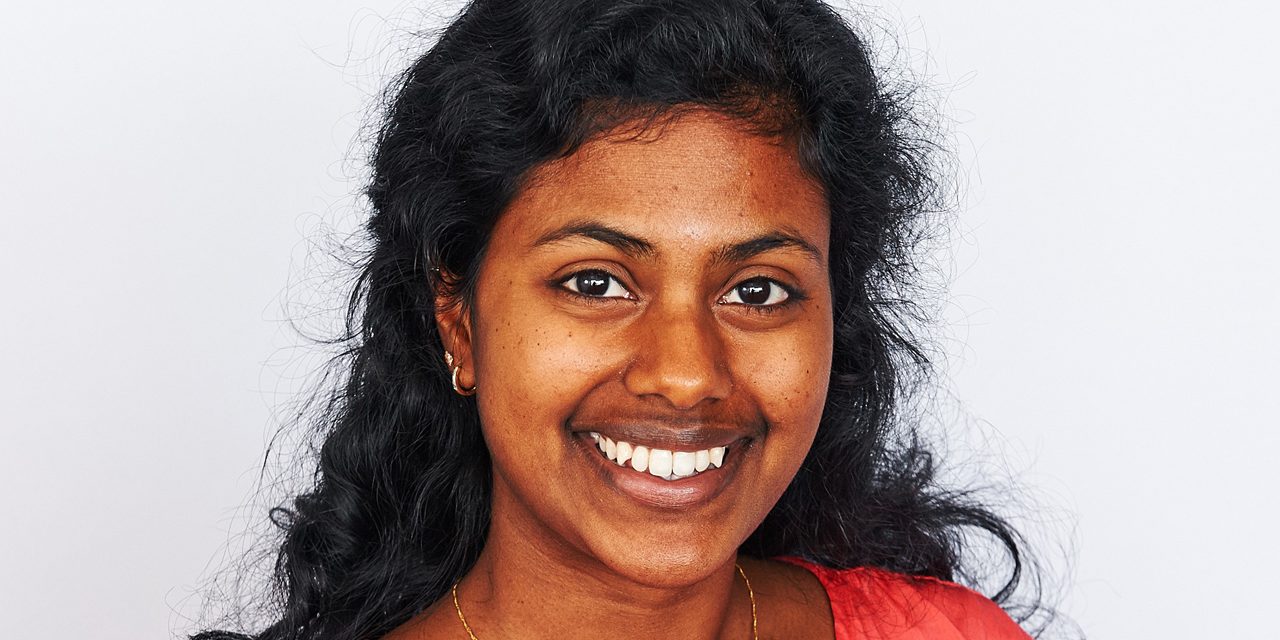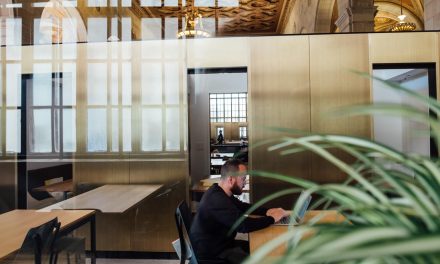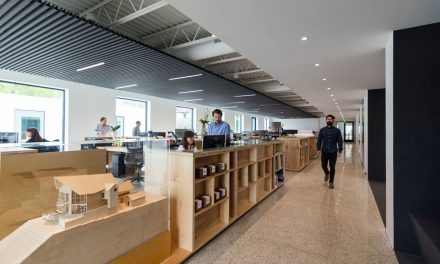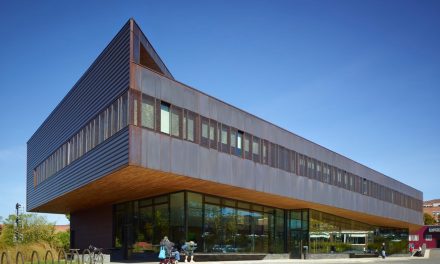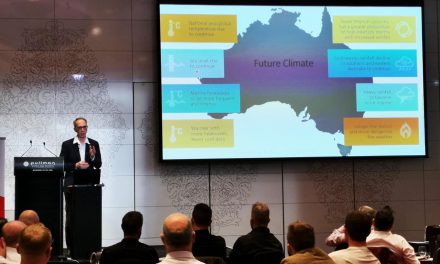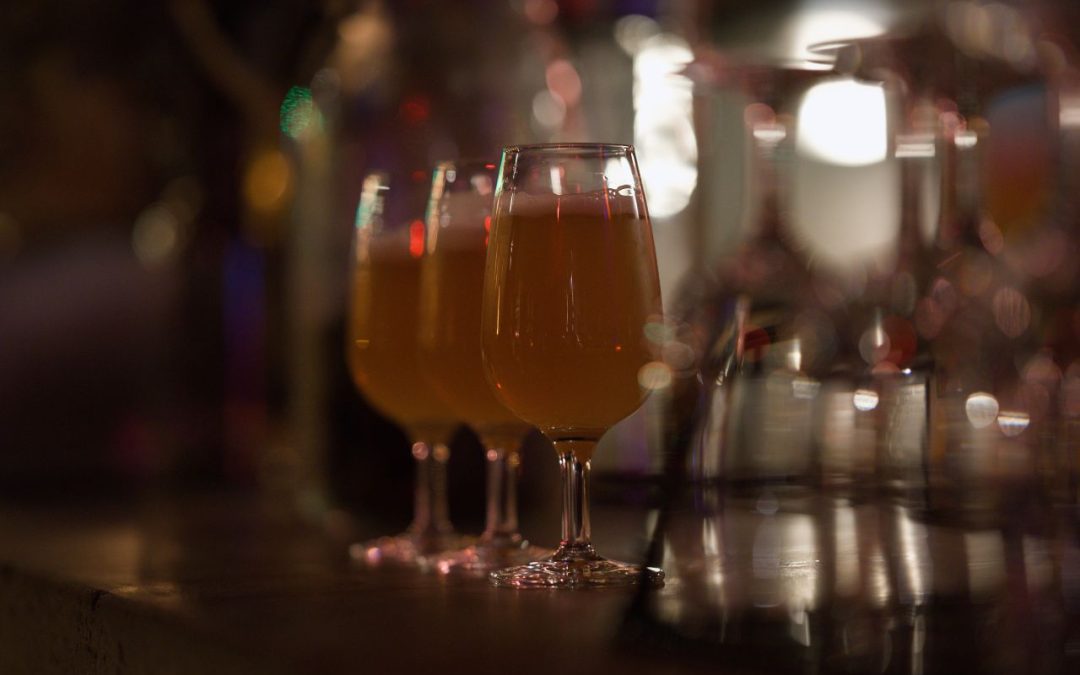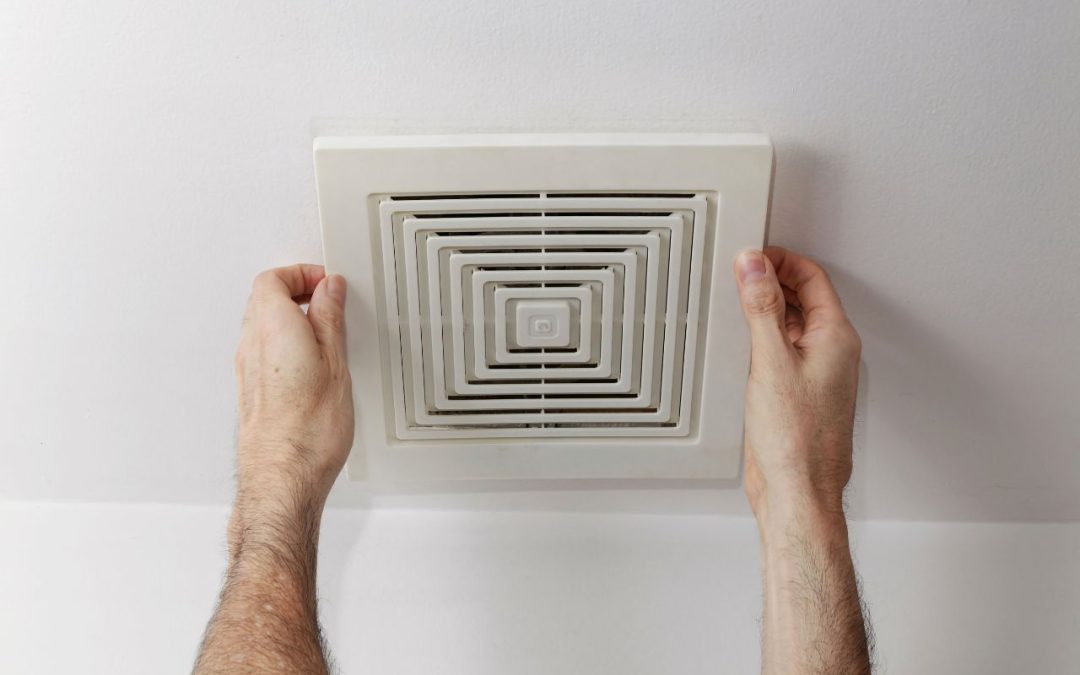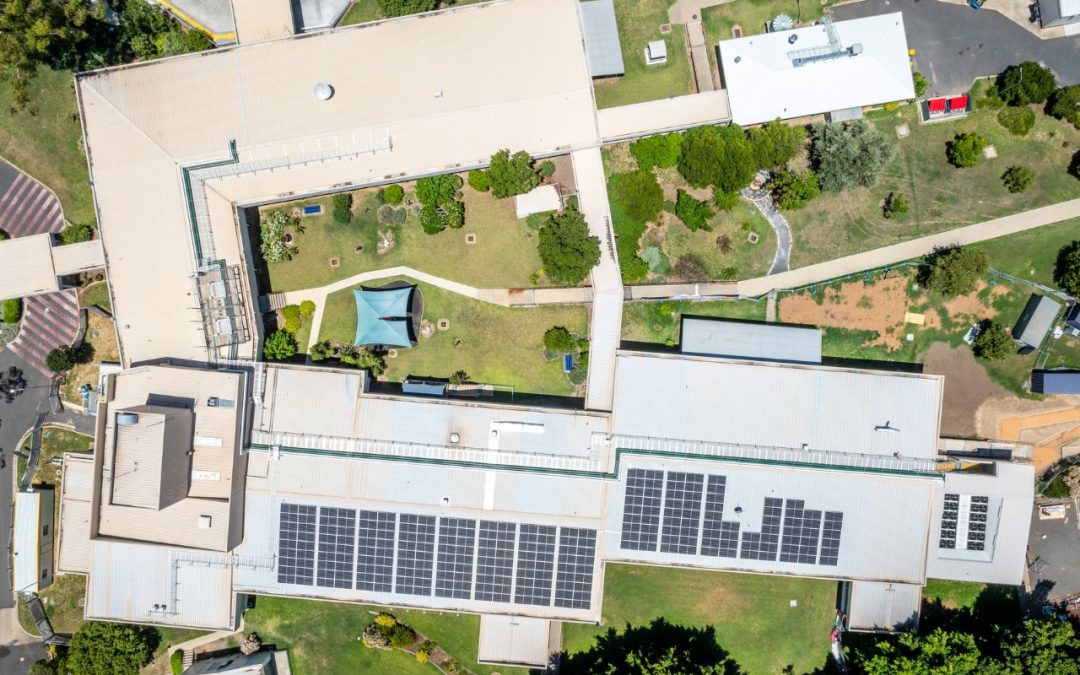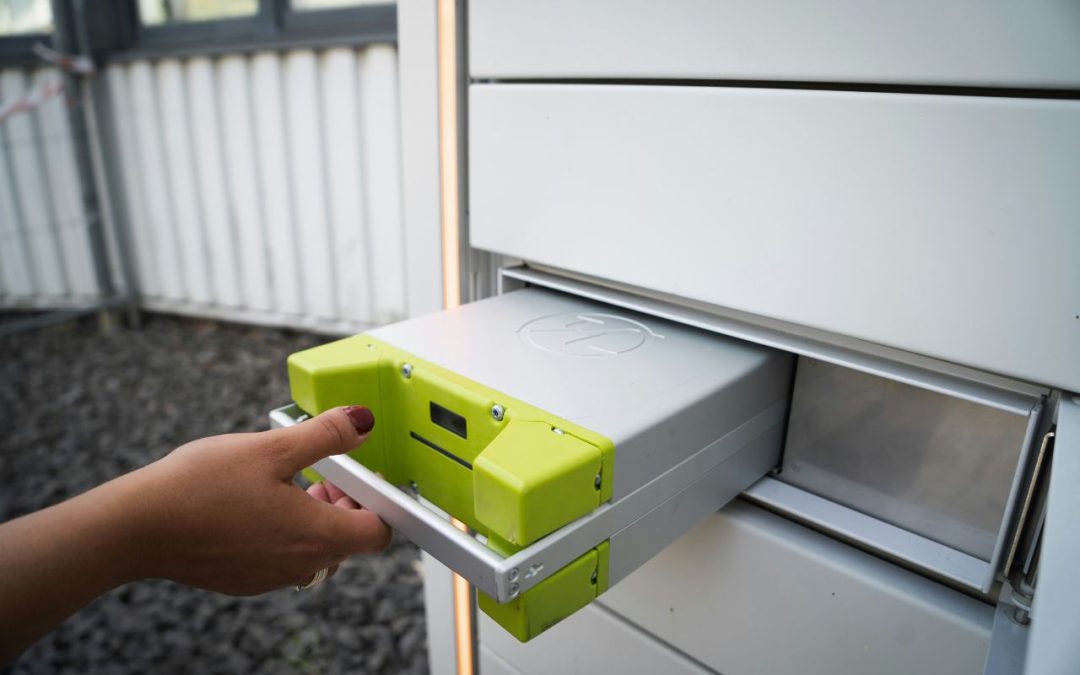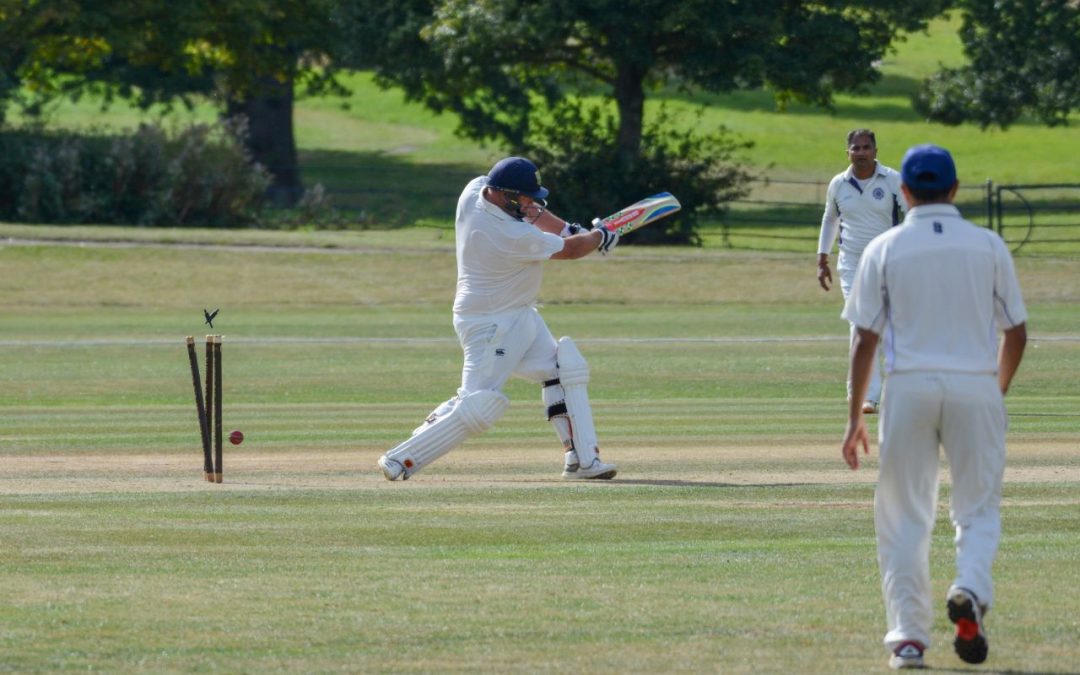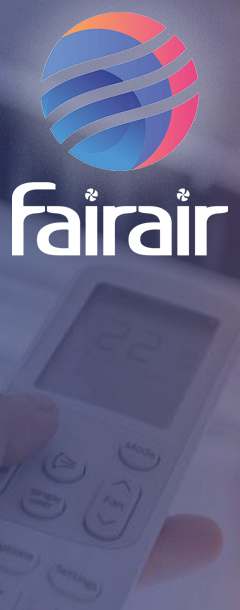Ecolibrium takes time out with the Melbourne-based Arup mechanical engineer, who enjoys the opportunity to work on interesting multi-disciplinary projects.
Do you have a specialty?
Not quite yet – at this stage, I’m aiming to get a breadth of experience across different types of projects. So far I’ve worked on commercial office fitouts, education, student accommodation, healthcare and labs, building up some specialty lab experience.
What are you passionate about?
In the context of my work at Arup, I’m passionate about using and building on my engineering and soft skills to contribute to projects which have a positive impact, with the bonus of allowing me to design solutions to interesting technical challenges. I’m keen to see sustainability embedded more deeply into all of our projects too.
How have you coped during the COVID-19 pandemic?
Thankfully I’ve been able to cope quite well with the impacts of the pandemic – it’s been a bit of an adjustment but unlike many others, my work has been relatively unaffected, and I’ve been able to keep busy with that and some hobbies during the (many) lockdowns in Victoria. The flexible working arrangement in our office has really helped, allowing me to adjust my schedule to suit me. This has meant I can fit in a run/home workout when the energy (read: coffee) hits or renovate around the house.
What do you like about your job?
I enjoy having the opportunity to work on interesting multi-disciplinary projects – and learning in the process – particularly those that have a direct social impact such as healthcare/education and which have a real focus on incorporating sustainability.
I also like that I can work through the technical aspects and detailed calculations as well as discussing design solutions more broadly with others, both within the Arup team and externally with clients and collaborators. The feeling of achievement when developing what I think is the best possible design, and then seeing it completed and built is hard to beat!
What do you find challenging?
An area that I sometimes find difficult is maintaining work-life balance, particularly this past year as it has been disrupted by the pandemic. It can be easy to get absorbed with work and forget to take time to rest and enjoy other parts of life. I’m learning to set some boundaries around stepping away from the desk and slotting in downtime.
What would you most like that you don’t have?
This one is tricky – but probably “enough” time to do everything I plan to, or perhaps time-management superpowers to fit it all in.
What are you optimistic about?
I’m optimistic about the technology and solutions being developed and driven by some really clever people, to address the sustainability issues that society is becoming more aware of – particularly in the built environment since that’s where I have the most visibility. I’m also optimistic about improving diversity in STEM (in education and in industry), which will also greatly benefit the first point.
